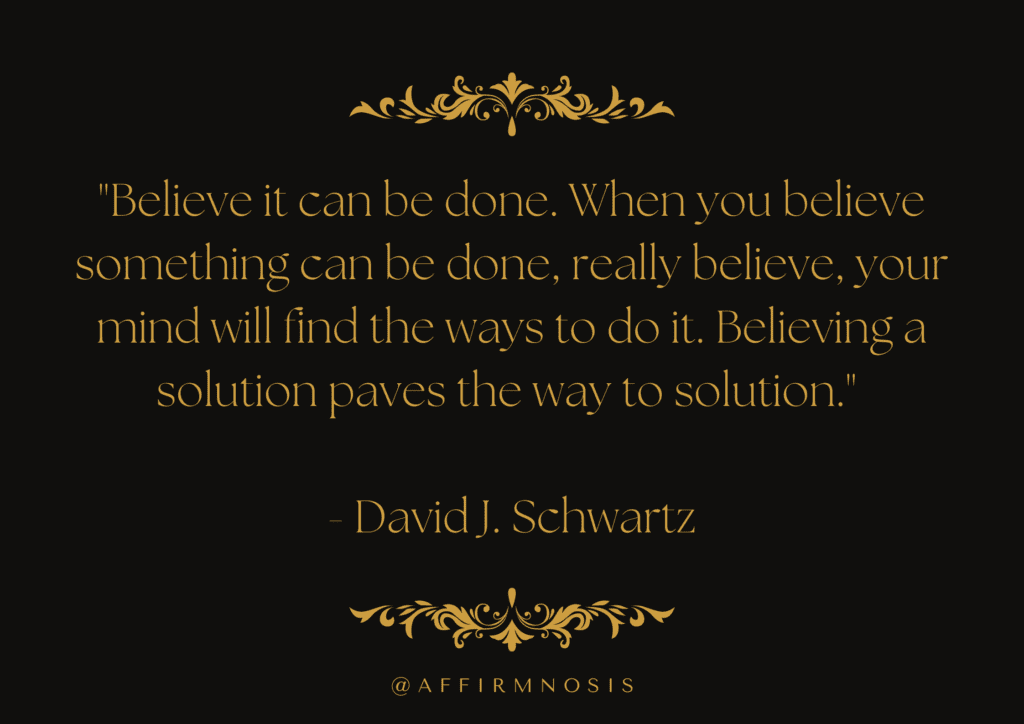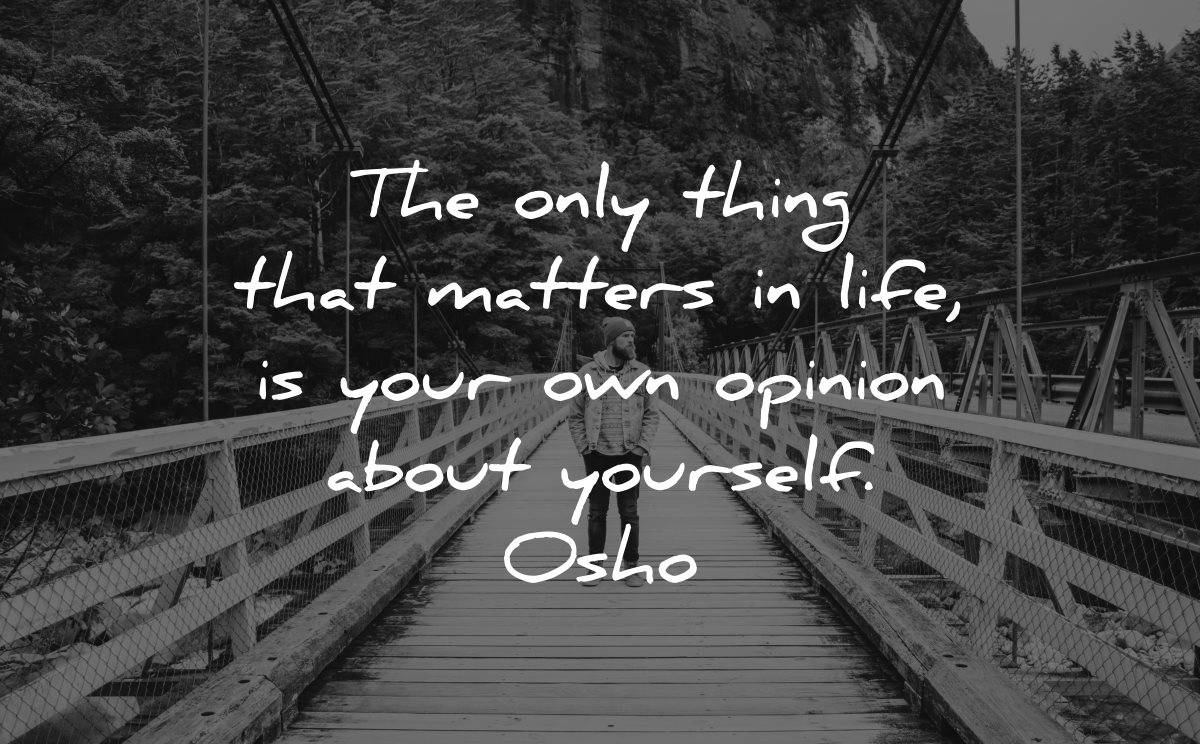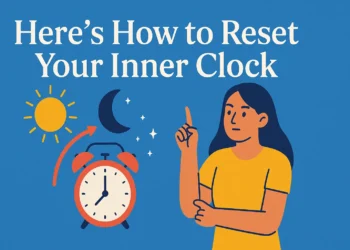Self-belief is the foundation of a healthy and fulfilling life. It is the foundational belief that one has about oneself, and it determines how they view themselves and their place in the world. Self-belief can be defined as the confidence one has in their abilities, qualities, judgments, and decisions.
It is an essential component of mental and emotional health because it allows individuals to handle challenges with resilience and optimism. One of the most significant advantages of believing in oneself is that it builds self-confidence.
People who believe in themselves tend to have a positive outlook on life, which helps them navigate challenges more effectively. They are more likely to take risks and pursue their goals with determination because they have faith in their abilities.
Definition of Self-Belief
Self-belief is not just about feeling good or having a positive attitude; it’s also about having faith in one’s capabilities. It’s essential to understand that self-belief does not mean being arrogant or conceited; rather, it means recognizing one’s strengths while acknowledging areas for improvement.
Self-belief enables individuals to recognize their potential and develop a sense of purpose. When people believe in themselves, they feel motivated to pursue meaningful goals that align with their values and beliefs.
Importance of Believing In Oneself
Believing in oneself is crucial for personal growth, development, and success. People who lack self-belief often struggle with anxiety, fear, or self-doubt when faced with challenges or adversity. This can prevent them from taking action towards achieving their goals or pursuing opportunities that could potentially change their lives.
On the other hand, individuals who believe in themselves are more likely to take risks and step out of their comfort zones. They embrace new experiences as opportunities for growth and learning, which helps them develop the resilience needed to bounce back from setbacks.
The power of self-belief cannot be overstated. It is a foundational component of mental and emotional health that enables individuals to navigate life’s challenges with resilience, optimism, and a sense of purpose. This article will explore the benefits of believing in oneself, how to overcome self-doubt, the role of failure in building self-belief, the importance of surrounding oneself with positive people, and provide actionable steps towards cultivating self-belief.
The Power of Self-Belief
Self-belief or self-confidence is crucial for our mental well-being. When we believe in ourselves, we are more likely to take on new challenges and face them with courage and determination.
Positive Effects on Mental Health
As a result, we feel less stressed and anxious because we have confidence in our abilities to handle the situation. People who lack self-belief often dwell on negative thoughts that can lead to depression, anxiety, and stress.
They tend to focus on what might go wrong instead of what could go right. On the other hand, people who believe in themselves see the world as full of opportunities and are more likely to be optimistic about their future.
Reducing Stress and Anxiety
Believing in yourself can help reduce stress levels significantly. When you have a positive attitude towards your abilities, you’re less likely to worry about things going wrong. This reduces your anxiety levels because you’re not constantly thinking about worst-case scenarios.
Research has shown that people who have high levels of self-belief cope better with stressful situations than those who don’t. Having belief in oneself allows individuals to respond positively even when faced with adversity.
Boosting Self-Esteem and Confidence
Self-belief also boosts self-esteem and confidence as it enables individuals to recognize their worthiness. People who believe in themselves are more likely to have positive thoughts about themselves; they know their strengths, weaknesses, talents and limitations which helps them approach life challenges with an open mind.
Confidence is important because it gives individuals the courage needed to face challenges head-on without fear or doubt. It also helps individuals develop healthy relationships as they’re less likely to tolerate abusive behaviour from others when they value themselves.

Positive Effects on Physical Health
Believing in oneself not only benefits our mental health, but it also has significant positive effects on our physical health.
Improving Immune System Function
Research shows that self-belief is associated with a stronger immune system. A strong immune system helps individuals fight off illness and diseases. Individuals who believe in themselves have a more positive outlook on life, which can help their bodies function optimally.
People who lack belief in themselves may experience negative emotions such as stress or anxiety, which can impair their immune system function. On the other hand, people who believe in themselves tend to take better care of themselves by making healthy lifestyle choices that support their overall well-being.
Enhancing Overall Well-being
Believing in oneself can enhance overall well-being by promoting a healthier lifestyle. When you have faith in your abilities and worthiness, you are more likely to engage in activities that promote good health such as exercise or healthy eating habits. Additionally, self-belief is also associated with improved sleep quality and less chronic pain symptoms.
Having self-belief has numerous benefits for both mental and physical well-being. People who believe in themselves are better equipped to handle life’s challenges with optimism and confidence while maintaining good emotional and physical health.
Overcoming Self-Doubt
Negative self-talk is a common issue that affects many people. It’s the voice in your head that tells you things like “I’m not good enough” or “I’ll never be successful.” Identifying negative self-talk is the first step in overcoming it.
Identifying negative self-talk
One way to do this is to write down your thoughts when you’re feeling down or anxious. This can help you recognize patterns of negative thinking and understand what triggers it.
Recognizing patterns of negative thoughts
Once you have identified the negative thoughts, it’s time to recognize patterns of negative thinking. Ask yourself questions such as: When do I experience these thoughts? What situations trigger them?
How do they affect my mood and behavior? By analyzing these patterns, you can begin to understand why you think negatively and how to change your thought process.
Challenging and reframing negative beliefs
Challenging and reframing negative beliefs is an important step in overcoming self-doubt. It involves questioning the validity of your negative beliefs and replacing them with positive ones.
For example, if you believe that you are not good enough for a particular job, challenge that belief by asking yourself why. Then, reframe it by reminding yourself of all the skills and experiences that make you qualified for the job.
Setting achievable goals and taking action steps towards them
Setting achievable goals is crucial for building self-belief because it gives us something to work towards. Identify what areas of your life you want to improve on, whether it’s personal or professional goals.
Start by setting small achievable goals that will help build momentum towards bigger ones. Creating a plan to achieve your goals.
Once you’ve set your goals, create a plan to achieve them. Break down each goal into smaller tasks and set deadlines for each one.
This will help you stay on track and measure your progress. Taking small steps to build momentum.
Take small steps towards achieving your goals. Celebrate each milestone along the way, no matter how small.
This will help build momentum and confidence in yourself. Remember, building self-belief takes time and effort, but it’s worth it in the end.
The Role of Failure in Building Self-Belief
Many people see failure as the end of the road, but it can actually be a powerful tool for building self-belief. When we fail, we have an opportunity to learn from our mistakes and make adjustments for future success. In fact, some of the world’s most successful people have experienced failure countless times before achieving their goals.
Learning from Failure as a Stepping Stone to Success
One way to use failure as a stepping stone is to approach it with a growth mindset. This means that instead of seeing failures as evidence that we are not good enough or smart enough, we view them as opportunities for growth and learning.
By analyzing what went wrong and how we can do better next time, we can develop new skills and strategies that will ultimately lead us closer to success. Another way to use failure to build self-belief is by reframing our perspective.
Rather than focusing on what went wrong or how embarrassed or disappointed we feel, we can choose to look at the situation in a more positive light. We can remind ourselves that everyone fails at some point and that each time we fail, we become stronger and more resilient.
Changing the Perspective about Failure
Changing our perspective on failure can be incredibly empowering when it comes to building self-belief. One way to do this is by looking back at past failures and reflecting on what they taught us.
We might realize that they helped us develop new skills or discover our true passions in life. Another way to shift our perspective is by changing the language around failure.
Instead of using words like “failed” or “unsuccessful,” which carry negative connotations, we could instead use phrases like “learning experience” or “growth opportunity.” By doing so, it becomes easier to view setbacks as opportunities rather than obstacles. Changing our perspective on failure requires us to let go of the fear of failing.
When we are afraid to fail, we often hold ourselves back from taking risks and trying new things. By embracing failure as part of the process, we can take bold steps towards achieving our goals and ultimately build greater self-belief as a result.
Failure can be a powerful tool for building self-belief when approached with a growth mindset and a positive perspective. By learning from our mistakes and viewing setbacks as opportunities for growth, we can develop the resilience and confidence needed to achieve our goals.
The Importance of Surrounding Yourself with Positive People
It is important to surround yourself with positive people who support and encourage you. Negative people can bring us down and make us doubt ourselves, which can hinder our progress towards achieving our goals.
Avoiding negativity from people who doubt you.
People who doubt us or constantly criticize us are not conducive to our personal growth. Therefore, it is important to distance ourselves from negative influences that may hinder our self-belief.
Avoiding negativity starts by identifying sources of negative energy in your life. This could be friends, family members, or colleagues.
Once you have identified these sources of negativity, try to limit your interactions with them as much as possible. Instead, surround yourself with individuals who believe in you and support your dreams and aspirations.
Building relationships with supportive people.
Building relationships with positive and supportive people is critical in maintaining a healthy sense of self-belief. These individuals can help build confidence by providing constructive feedback, encouraging words, and sharing experiences that align with your goals.
To build strong relationships with supportive individuals, find common interests or hobbies that bring you together. Attend networking events or join clubs where like-minded individuals gather to meet new people and expand their social circle.
It’s important to remember that building strong relationships takes time and effort from both parties involved. Make sure to show gratitude for the support given by these individuals through thoughtful gestures such as sending a thank-you note or taking them out for coffee.
Surrounding yourself with positive influences is crucial for maintaining a healthy level of self-belief. Avoid toxic relationships from those who doubt you while building meaningful connections with those who support your endeavors will help ensure long-term success in achieving your goals.
Final Thoughts on the Importance of Believing in Oneself
Believing in oneself is not always easy, but it is essential for personal growth and achieving one’s goals. When we have faith in ourselves and our abilities, we are better equipped to handle challenges that come our way. Through hard work, perseverance, and a positive attitude towards ourselves and others, we can achieve great things.
I encourage you to believe in yourself wholeheartedly. Remember that your thoughts have power over your actions; therefore focusing on positivity will lead to positive outcomes.
Embrace your unique qualities because they make you who you are! It’s okay if you don’t know what’s ahead – take it one day at a time with confidence that you will figure it out as long as you stay true to yourself!
20 quotes on self-belief:
- “Believe in yourself and all that you are. Know that there is something inside you that is greater than any obstacle.” – Christian D. Larson
- “Believe in yourself! Have faith in your abilities! Without a humble but reasonable confidence in your own powers, you cannot be successful or happy.” – Norman Vincent Peale
- “The future belongs to those who believe in the beauty of their dreams.” – Eleanor Roosevelt
- “Believe you can and you’re halfway there.” – Theodore Roosevelt
- “Don’t wait for everything to be perfect before you decide to enjoy your life.” – Joyce Meyer
- “Trust yourself. You know more than you think you do.” – Benjamin Spock
- “Believe in yourself, take on your challenges, dig deep within yourself to conquer fears. Never let anyone bring you down. You got this.” – Chantal Sutherland
- “You have within you right now, everything you need to deal with whatever the world can throw at you.” – Brian Tracy
- “The only limit to our realization of tomorrow will be our doubts of today.” – Franklin D. Roosevelt
- “Believe it can be done. When you believe something can be done, really believe, your mind will find the ways to do it. Believing a solution paves the way to solution.” – David J. Schwartz
- “You are the only person on earth who can use your ability.” – Zig Ziglar
- “Believe in yourself, and the rest will fall into place. Have faith in your own abilities, work hard, and there is nothing you cannot accomplish.” – Brad Henry
- “Believe in yourself, push your limits, experience life, conquer your goals, and be happy.” – Joel Brown
- “To be a great champion you must believe you are the best. If you’re not, pretend you are.” – Muhammad Ali
- “Believe in yourself, go after your dreams, and don’t let anyone put you in a box.” – Daya
- “Believe in yourself, learn, and never stop wanting to build a better world.” – Mary McLeod Bethune
- “Believe in yourself and there will come a day when others will have no choice but to believe with you.” – Cynthia Kersey
- “Believe in yourself, your abilities and your own potential. Never let self-doubt hold you captive. You are worthy of all that you dream of and hope for.” – Roy Bennett
- “Believe in yourself, listen to your gut, and do what you love.” – Dylan Lauren
- “Believe in yourself, and the rest will fall into place. Have faith in your own abilities, work hard, and there is nothing you cannot accomplish.” – Brad Henry
These quotes emphasize the power of self-belief, the importance of hard work, and the potential for self-improvement and success.




























































